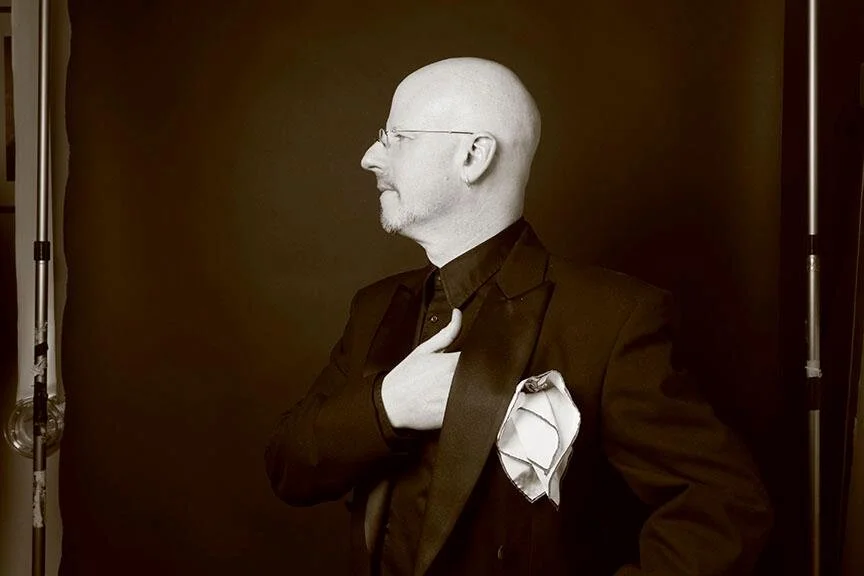Erling Wold
The Bed You Sleep In
Original Soundtrack to a Film by Jon Jost
1993
Table of the Elements
[Helium] TOE-CD-2
Compact disc
Melancholic, deliberately paced soundtrack to the critically acclaimed feature by American auteur Jon Jost (All the Vermeers in New York). Critic Jonathan Rosenbaum describes it as "a tragic, beautiful, and mysterious film that alternates between all-American landscapes (many of them composed as diptychs) and an unraveling nuclear family ... as evocative and apocalyptic as Jost's cinema gets."
“Wold crafts music whose delicate beauty glides in just below the listener's critical consciousness. His harmonic language, if examined carefully, is bone-simple, and the melodic palette equally limited. Yet precisely because of the music's deceptive familiarity, it has the shimmery emotional tenacity of a dream state."
San Francisco Chronicle
“The sadness inherent in Wold's score is exquisitely poignant and somehow universal; even without dialogue and the visual element of the film, it makes an eloquent comment on the human condition."
Option
“Erling Wold is the Eric Satie of Berkeley surrealist/minimalist electro-artrock."
Village Voice
“Happened across this recording of the Faust concert I played in back in 1994. I had no idea such a recording existed - it's an interesting trip back.
”Jeff Hunt's very hip Table of the Elements label had released my soundtrack of The Bed You Sleep In the year previous, had given a copy to Faust who for some reason loved it, and when he set up their tour, he pulled me in. They showed me a few luckily-simple keyboard bits and along the way secured a piano. It seems that they asked around for an old piano and one of the locals involved in the show had a roommate out of town who owned such a piano, so they manhandled it out of the apartment and onto the stage at the Great American Music Hall, but not before Jean-Herve cut through most of the important structural bits with a chain saw.
”If I had thought about this in detail at the time, I should have been more concerned about the release of the no-longer-potential energy that the eighteen or so tons of tension had bottled up - had the piano decided, in its weakened state, to so release it. But at the time I was more immediately concerned about him hitting my hands with the sledgehammer he was using on the keys while I played. For many years I kept some of the broken bits: keys, hammers. It's interesting to see the complexity of the piano mechanism as it flies past.
”The next day we recorded Rien. That's me at the piano - not the same piano - and I'm pretty sure nothing I played that day ended up in the final release. Which is somehow appropriate given the title.
Erling Wold




